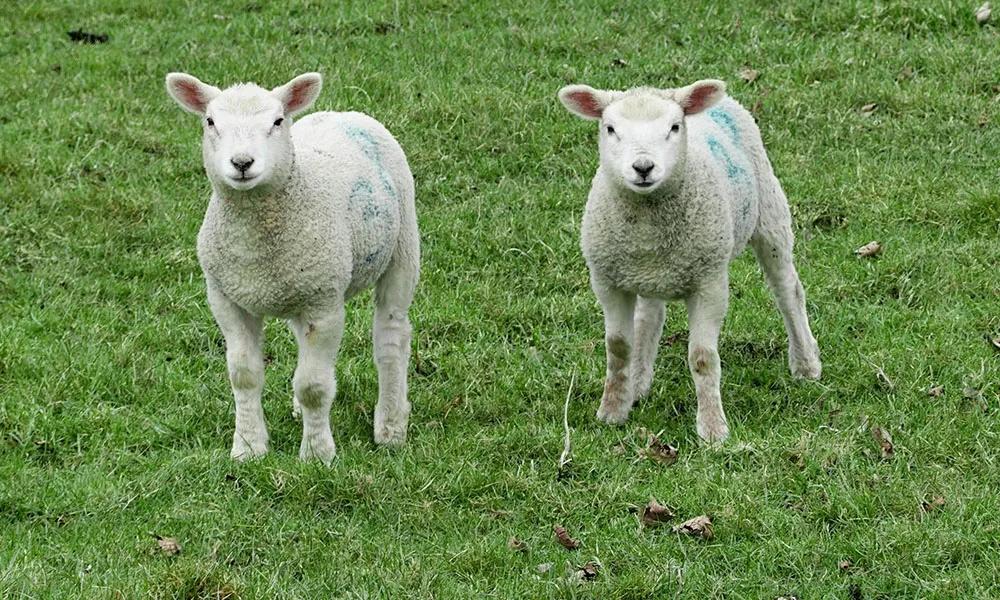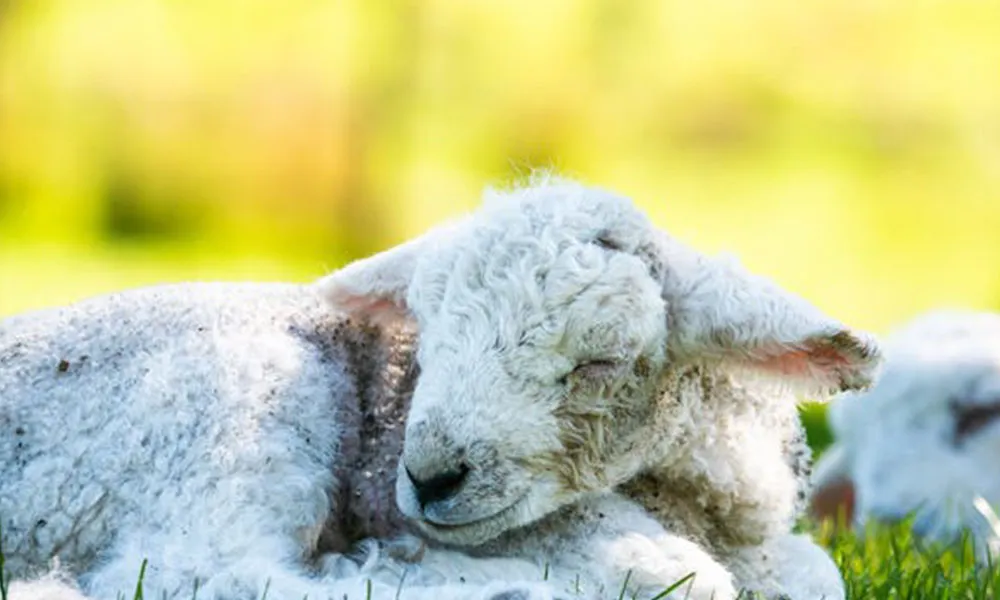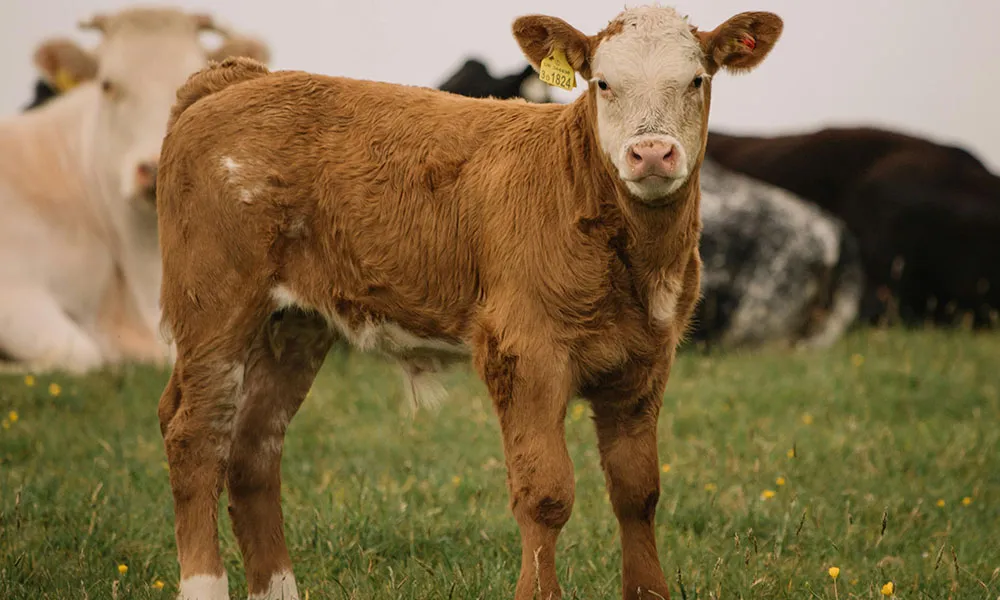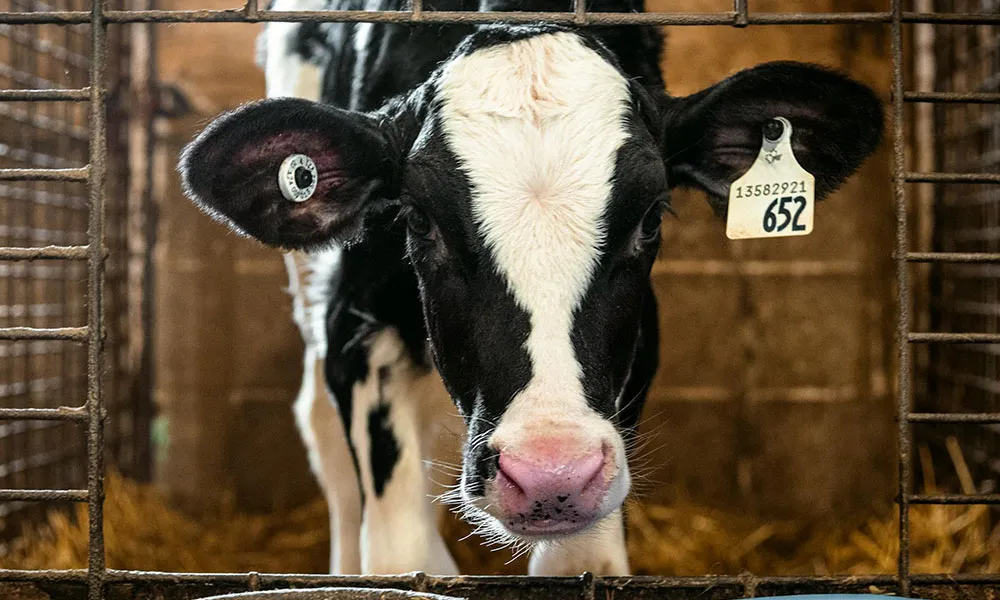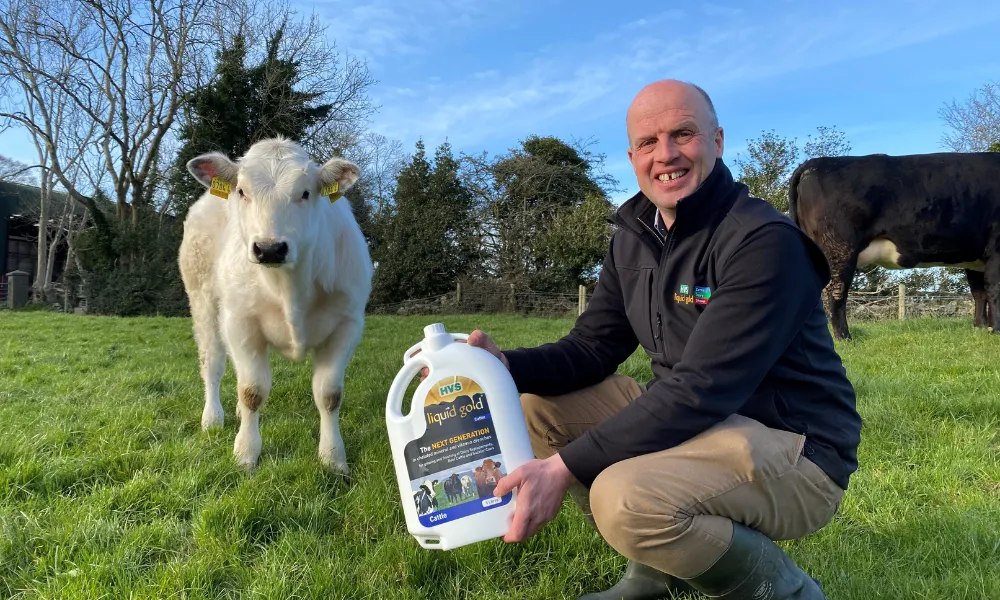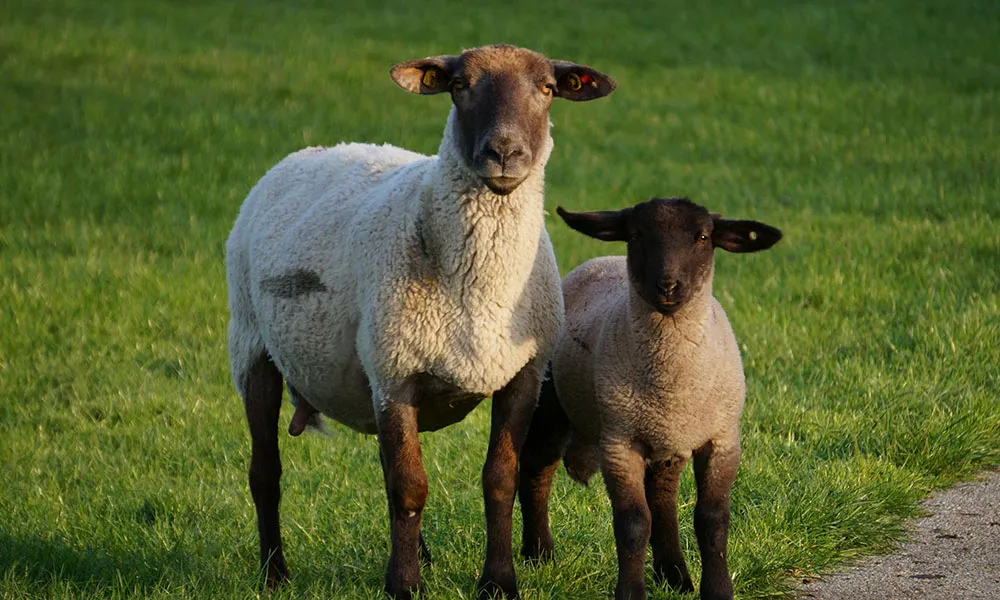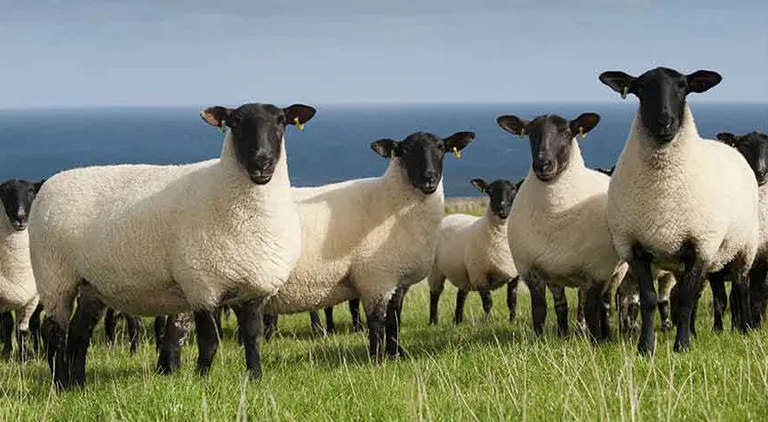
Here at Agridirect we are fielding a lot of questions regarding the Sheep Welfare Scheme. Farmers are wondering what products will cover them for the mineral feedstuff supplementation of ewe’s post mating and what is the best/ cheapest option. So, we have provided a simple breakdown of the options on the site and in store, to help you decide what best suits your needs and that of your stock.
Under the scheme, participants who’ve selected the Supplementation of ewe’s post mating option, must supplement all ewes, including hoggets’ out to the ram, with mineral feeding stuffs post mating. Ewes have to be be given suitable minerals for 60 days Post/After Mating. (There have been a lot of questions about whether is it before or after mating so keep this in mind.) Supplements can take the form of bagged mineral feeding stuffs (dry minerals), mineral blocks, drenches/ liquid minerals, injections or boluses. (Boluses can be administered 7-10 days pre mating to allow for rumen breakdown of the bolus.)
Receipts and invoices of all mineral feeding stuffs and/or compound rations containing the mineral feeding stuffs purchased, must be retained and made available for inspection and/or administrative check. All minerals must be sourced from feed business operators licensed by the Department of Agriculture, Food and Marine. Mineral feeding stuffs must be administered in accordance with the appropriate instructions on the label. (Be assured that we at Agridirect are registered with the department under the trade name, Drumrahan Retail)
So what Mineral best suits your system?
We’ll skip bagged feedstuffs as there not very popular and go straight to the drenches.
The two options we offer are growvite sheep or breeding ewe.
These are very popular with farmers hoping to simply comply with the scheme and who have never given supplements before. It is seen as one of the cheapest and easiest options in terms of administration. With 2.5 Litres of either covering 166 ewes with one dose each at a cost of between 54 and 72 cent per ewe, depending on the size of the sheep.
However, as the effects only last four weeks in the system and the scheme requires minerals feeding for sixty days, you will have to give two doses and this will increase the cost to between €1.08 and 1.44 per ewe. If gathering your flock twice in the space of two months doesn’t bother you, it can be a prudent option, particularly for those with a small flock.
Boluses are the most popular option for those farmers with bigger flock. If you are interested in flock thrive and aren’t just administering minerals for the scheme, then boluses are probably the most realistic option. Lasting in the system for up to six months, the idea of one gathering for mineral administration is appealing to farmers with big flocks or outlying land.
We have a selection of boluses that you that qualify for the scheme. The most popular at the minute is the Smartrace and Smartrace Plus boluses. They will work out at €1.30 and 1.40 per ewe respectively. The plus variety comes with copper so it’s one to avoid for those with Texal type ewes. The Allsure Sheep and Lamb boluses are good bolus, but work out slightly dearer at €1.90 per ewe for a fifty pack or €1.65 per ewe for the 200 pack. The All guard 4 in 1 boluses are another very good bolus and work out at €1.40 per ewe, while the cobalt master boluses work out the cheapest at €1.15 per ewe.
The option of injections isn’t a very appealing one for most farmers as, similar to the drenches, you will need to inject them twice over the course of the 60 days. But, unlike drenching, injecting is seen as more time consuming, with the added damaging of the animals skin. However if this is something you are considering, have a multivitamin injection that will work out at 89 cent per injection so for the scheme it will cost you at least €1.78 per ewe. For farmers looking to keep the work load down, the mineral lick is the popular choice. With the benefit of no gathering of the flock and simply letting the ewes choose their own amount of mineral seems the best to a lot.
However despite the apparent cheapness of this option it actually works out as the most expensive, as the companies say that it will cost 4 cent per ewe per day. Over the course of the sixty days this will work out at €2.40 per ewe over the required duration of the scheme following the recommended lick to ewe ratio.
Scheme Forms and Action Record Book
At this stage you will have been supplied with a Scheme Action Record book which is to be used to record all compliance actions and proofs of same. It is essential that the Action Record Book and associated documents are retained and updated to reflect the completion of actions. All minerals given and the date’s they were administered have to be kept. The Department states that they “will supplement compliance inspections with Administrative Control checks whereby a percentage of farmers will be required to submit their Action Record Books and associated documentation to the Department upon request at various times in the Scheme year. These records will be examined as a means of checking compliance with actions.
Failure to produce or forward the Scheme Action Record Book when requested will be seen as a breach of the scheme obligations and will result in no payments for the relevant scheme year and a 20% administrative penalty based on the overall amount which would have been payable in the scheme year will be imposed”. So it is vital that you keep on top of these records. There’s no way of predicting who’ll be chosen and if your farm is selected you won’t want to be penalised for the sake of a few minutes of writing.
Hopefully this article will shed some clarity and provide useful options for you to consider. Remember, that at Agridirect, we are only too happy to answer any further questions you might have. So, call in, email or phone and let’s get the best from the Sheep Welfare Scheme for both you and your flock




